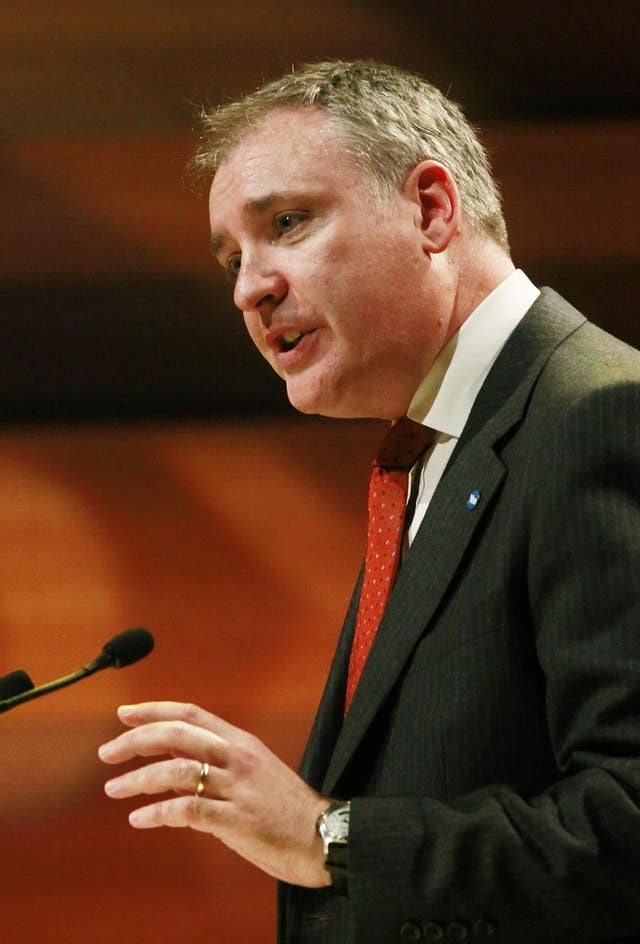
Young Scots from deprived communities have more opportunities to go to university than their English, Welsh or Northern Irish counterparts, according to the Commissioner for Fair Access.
The university sector in Scotland has shown “full-hearted commitment to achieving fair access”, Professor Peter Scott said following his report on access to higher education.
In his report, Prof Scott says that Scotland is now “setting the pace in the UK in terms of widening participation”, with faster improvement in the opportunities for young people from socially deprived backgrounds to go to university compared to other UK nations.
The report also found that the Scottish Government’s target that at least 16% of first-degree entrants should come from the 20% most deprived communities has almost been met already.
However, Prof Scott also highlights “a number of continuing concerns”, including the need for a national network of access programmes, while urging bolder use of contextualised admissions taking into account the different circumstances of applicants and focus on assessing future potential rather than just rewarding past achievement.
He also calls for a change in the attitude of universities towards giving college students with Higher Nationals full credit for their college study – something he says should be the default position.
Following the publication of his report, Prof Scott said: “Despite the continuing challenges, it is clear to me that the whole sector has demonstrated its full-hearted commitment to achieving fair access, and that this commitment should be properly recognised.
“Any remaining arguments are not really about the goal itself but the means by which it should be achieved.”
Karen Watt, chief executive of the Scottish Funding Council, said: “The Commissioner’s report shows evidence of good progress and that universities and colleges are working hard to ensure everyone has a fair chance of a place on a higher education course.
“The report also points out that there is a lot of work still to do.
“We will continue to play our part in this collective challenge until we have a truly level playing field.”
A spokeswoman for Colleges Scotland added: “We have read with interest the Commissioner’s Annual Report and are pleased to see that the key role that colleges play in widening access has been recognised.
“For example, we know that the Scottish Funding Council reported that in 2017/18 40% of students from the lowest socio-economic background progress to university through college.
“Colleges play a fundamental part in helping people, regardless of background or circumstances, to learn new skills, retrain, gain qualifications and progress towards their chosen career.
“We agree with the Commissioner that there are too many students not being given the credit for qualifications already achieved, and we will continue to work with the Scottish Government and universities to ensure that college students across Scotland are given due recognition for prior learning so that they can progress on to university if they wish without any unnecessary repetition.”

Further and Higher Education Minister Richard Lochhead said: “I welcome the commissioner’s recognition that Scotland is setting the pace in the UK.
“The number of Scots from the most deprived areas at university is at a record high, while the gap between those entering from the least and most deprived areas is smaller than ever.
“The proportion of disabled students and black and minority ethnic students entering higher education has also increased.
“That is testament to progress that universities have made to admit students based on their potential, not just on their past academic achievement.
“Alongside our universities, we will consider the recommendations and look to make progress on our shared goal giving more people – no matter their background or circumstance – an equal chance of success.”


Comments: Our rules
We want our comments to be a lively and valuable part of our community - a place where readers can debate and engage with the most important local issues. The ability to comment on our stories is a privilege, not a right, however, and that privilege may be withdrawn if it is abused or misused.
Please report any comments that break our rules.
Read the rules here